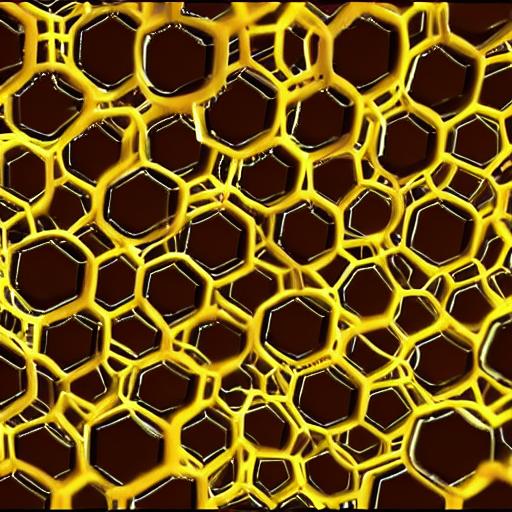Cancer will account for 26% of fatalities in 2021, making it the leading cause of mortality. As symptoms don’t appear until after the disease has advanced, the majority of cancer patients miss the ideal window for treatment. According to the World Health Organization, if cancer is found and treated early, more than 30% of individuals can have complete remission. Predicting the driver mutations in tissues and determining whether they are cancer-causing are essential for early cancer diagnosis.
A machine learning model that can effectively predict if tissue-specific mutations in patients’ genes could cause cancer was recently created by a POSTECH research team led by Professor Sanguk Kim, Dr. Donghyo Kim, and Dr. Doyeon Ha (Department of Life Sciences). The study’s findings were released in the journal Briefings in Bioinformatics.
It is essential to pinpoint the cancer type-specific mutations (driver mutations) in order to understand the diverse clinical processes that underlie various tumor types and to offer each patient treatment options.
The study team built a machine learning model with cutting-edge performance and a novel feature based on sequence co-evolution analysis to discover cancer type-specific driver mutations. When the researchers gathered information from 28,000 tumor samples representing 66 different cancer kinds, its ML framework surpassed the industry’s leading techniques of detection.
Using protein sequencing, the researchers created a machine learning model that forecasts the oncogenicity of driver mutations. In comparison to earlier models, the model is more accurate and sensitive. Also, they developed a novel feature based on sequence co-evolution analysis for machine learning, which they effectively applied to identify protein residues or mutations that may cause particular tumors.
The cancer mutations in the study have been shown to control networks of tissue-specific protein interactions that regulate specialized oncogenesis. These findings hold potential for the development of new cancer therapies that combine early detection diagnostics and effective cancer prevention.
Professor Sanguk Kim said, “Our approach can find novel oncogenic driver mutations—that were previously undetectable—to assist build distinct ways for cancer diagnosis and therapy that are different from standard methods.








